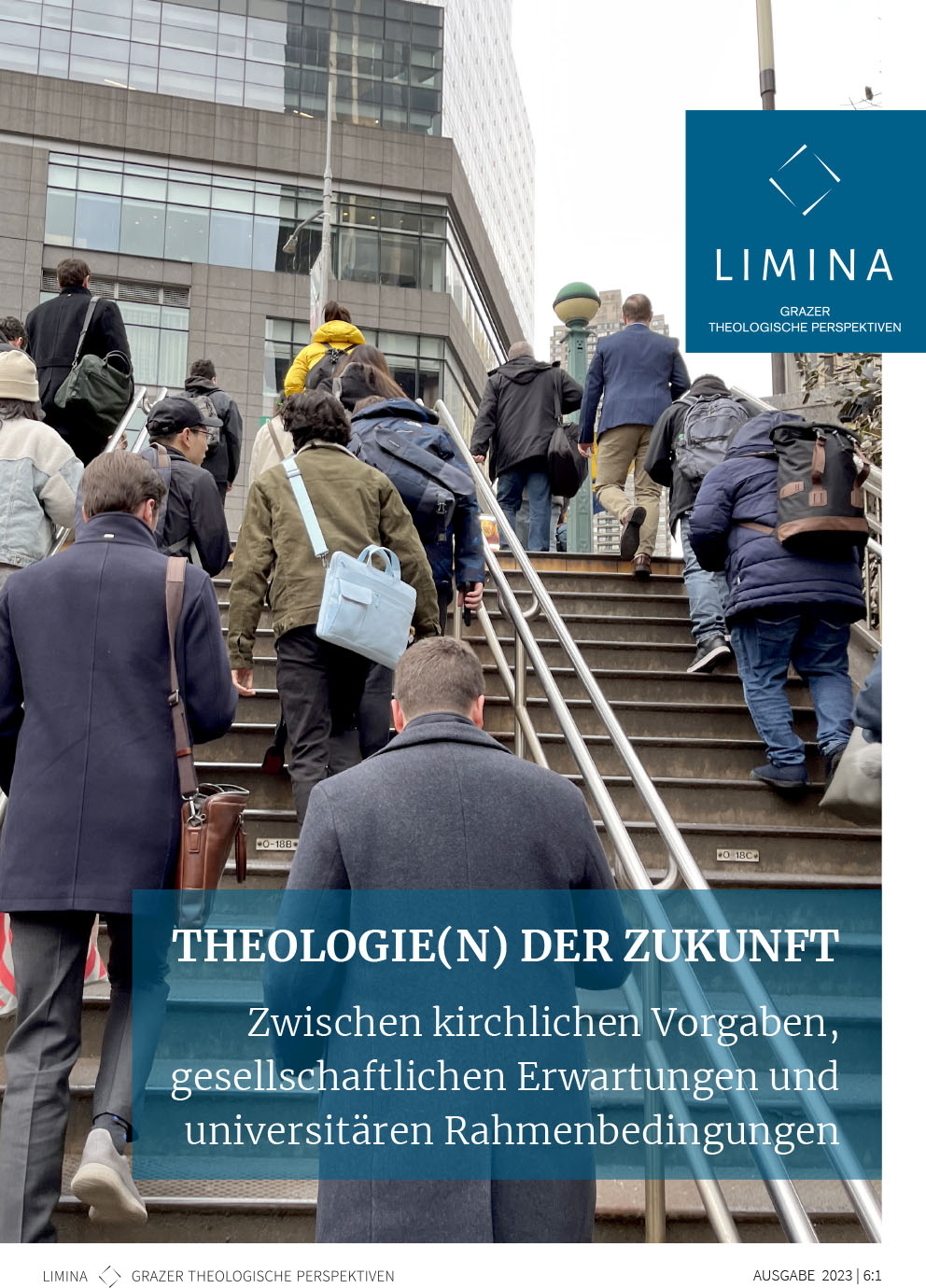“Nobody asks – theologians answer” The future of theology requires an external perspective
Main Article Content
Abstract
Theology can extensively demonstrate why it plays an important role for universities, society as a whole, and individuals, with reference to sociological, philosophical, cultural-anthropological, historical, psychological and educational examples and reasoning. However, these approaches to outlining theology’s importance have proven ineffective. Explaining to the external world why theology is important has not caused university and public decision-makers to show concern for shrinking theology departments. Likewise, student numbers continue their downward trend.
It is clear that the problem is not situated in theology’s theoretical self-modelling. Rather, academic theology is not experienced in the same way as expected based on its scientific theory and social self-justification. It is therefore necessary to ask how society looks at theology. What we find is that there is no consensus on who represents “religion” in public discourse: What role do the church, theology and publicly visible, religious persons play in this discourse? On the other hand, theology must also reflect internally on how it perceives the “exterior” of public discourse, and how it shapes its own role(s) and professional approach. Examining this intersection of the external and internal can reveal factors that determine the future of theology at universities as well as effective approaches to leverage these factors.
Article Details

This work is licensed under a Creative Commons Attribution 4.0 International License.
The author(s) retain copyright without any restriction.
LIMINA provides immediately upon publication open access to its content. The content of this journal is licensed under the Creative Commons Attribution 4.0 International Licence. By submitting a contribution, the author(s) agree(s) to the terms of use of the CC BY licence.

